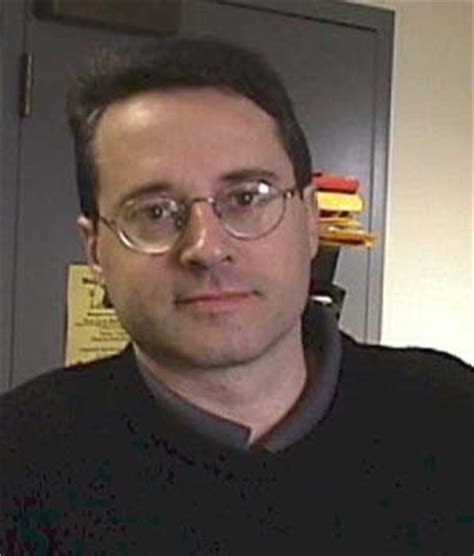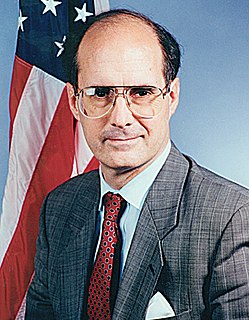A Quote by Ross McKitrick
To those of us who have been following the climate debate for decades, the next few years will be electrifying. There is a high probability we will witness the crackup of one of the most influential scientific paradigms of the 20th century, and the implications for policy and global politics could be staggering.
Related Quotes
We have at most ten years - not ten years to decide upon action, but ten years to alter fundamentally the trajectory of global greenhouse emissions... We are near a tipping point, a point of no return, beyond which the built in momentum and feedbacks will carry us to levels of climate change with staggering consequences for humanity and all of the residents of this planet.
Here is one optimists reason for believing unity will prevail ... within the next hundred years ... nationhood as we know it will be obsolete; all states will recognize a single, global authority. A phrase briefly fashionable in the mid-20th century -- citizen of the world -- will have assumed real meaning by the end of the 21st. All countries are basically social arrangements, accommodations to changing circumstances. No matter how permanent and even sacred they may seem at any one time, in fact they are all artificial and temporary.
There is no strong evidence to prove significant human influence on climate on a global basis. The global cooling trend from 1940 to 1970 is inconsistent with models based on anthropogenic carbon dioxide emissions. There is no reliable evidence to support that the 20th century was the warmest in the last 1000 years.
There is no real scientific debate over what is happening; of course there is debate over exactly how it is going to play out in the decades ahead, because this is a large experiment that we haven't done before, and no one knows precisely how one can ever precisely predict what effects this heat will have. But all the science in the last few years, or almost all of it, really serves to show that the effects are larger and more rapid than we had thought even a decade ago.




































